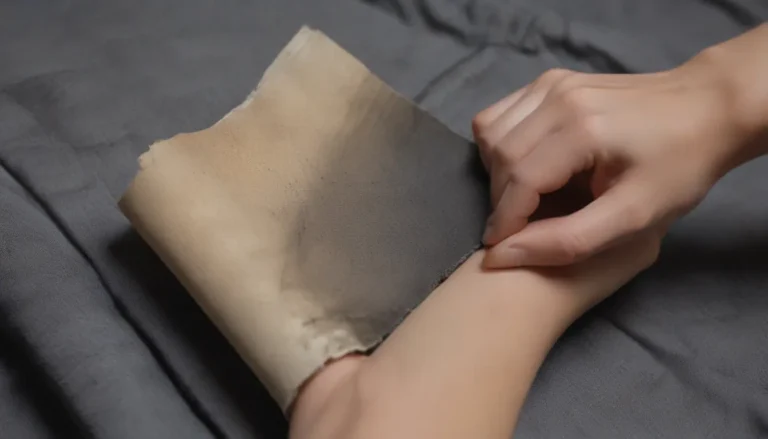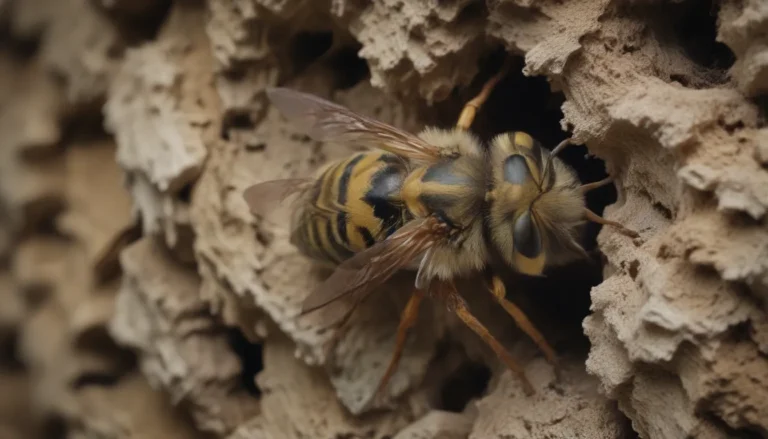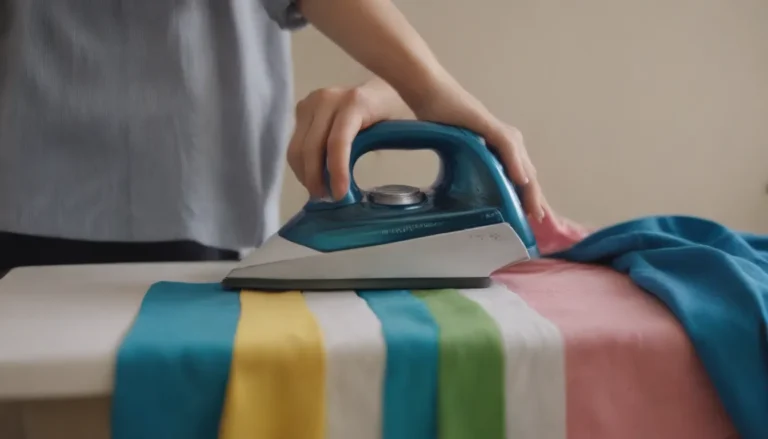Natural Ways to Keep Fleas Away from Your Home: A Comprehensive Guide

Fleas can be a nuisance, especially if you have pets at home. While there are numerous flea repellents on the market, opting for natural methods is not only safer, especially if you have small children, but also more cost-effective. In this article, we’ll explore 11 easy and natural ways to keep fleas away from your home, without the need for harsh chemicals.
The Importance of Deep Cleaning
Before we delve into the natural flea remedies, it’s crucial to emphasize the importance of deep cleaning. Flea eggs can remain dormant and hidden until they are triggered to hatch, so leaving no nook or cranny untouched is essential for effective flea control.
- Vacuum Thoroughly: Make sure to vacuum all areas of your home, including carpets, upholstery, and hard-to-reach corners.
- Use a Steam Cleaner: Steam cleaning can help kill both fleas and their eggs, providing an added layer of protection.
- Clean Pet Beds: Regularly wash and clean your pet’s bedding to prevent fleas from establishing themselves in their favorite resting spots.
Tips for Preventing Flea Infestations
Pets are often the carriers of fleas, bringing them in from outside. If your yard is not well-maintained, rodents like mice, rats, and squirrels may also be contributing to the flea population that could eventually infest your home.
11 Natural Flea Remedies
Now, let’s take a closer look at some natural flea remedies that you can easily implement to keep these pesky pests at bay.
1. Diatomaceous Earth
Diatomaceous earth is a naturally occurring powder that is highly effective against fleas. Made from the microscopic remains of diatom algae, it penetrates the fleas’ exoskeleton and kills them through dehydration. Simply sprinkle it around infested areas indoors and outdoors to eliminate fleas within hours.
2. Salt
Sprinkling salt in areas where fleas are active can also help dehydrate the eggs and insects, effectively reducing the flea population. Focus on carpets, upholstery, and other flea-prone areas before vacuuming it all away.
3. Baking Soda
Another desiccant, baking soda, is excellent for dehydrating fleas and their eggs. Sprinkle it liberally on carpets, furniture, and other flea-infested areas, letting it sit for at least 24 hours before vacuuming. Dispose of the vacuum bag or contents in an outside trash can to prevent fleas from escaping.
4. Dish Soap
Create a simple flea trap by combining warm water and dish soap in a bowl and placing it near areas of flea infestation. The fleas will become trapped in the soapy solution, though this method may not eliminate flea eggs waiting to hatch.
5. Essential Oils
- Rosemary Oil: Planting rosemary near entrances can help repel fleas from your yard. Combine rosemary oil with baking soda to create a flea powder for carpets, furniture, and other flea-prone areas.
- Lavender Oil: Add a few drops of lavender oil to baking soda or cornstarch to create an herbal flea powder repellent.
- Peppermint Oil: Mint oil can also be used to create a herbal flea powder. Planting mint near entrances can further deter fleas from entering your home.
- Cedarwood Oil: Repel fleas by adding cedarwood oil to water in a spray bottle or placing cedar chips in flea-infested areas.
6. Citrus Spray
Mix fresh lemon juice with water in a spray bottle and apply it to flea-infested areas like animal bedding. While effective, avoid spraying entire rooms or using it outdoors to prevent possible harm to pets. Alternatively, opt for EPA-registered citrus shampoos for mild yet effective flea control.
7. Boric Acid
Boric acid powder is a potent desiccant that can effectively kill fleas and roaches. Apply it in cracks and crevices where fleas are likely to crawl, but avoid using it on kitchen counters as it is slightly toxic to humans.
8. Bath Oil
Studies show that bathing animals with a solution of 1.5 ounces of bath oil in 1 gallon of water can lead to a significant reduction in flea infestations. Regular bathing, coupled with deep cleaning of pet bedding and resting spots, can help maintain a flea-free environment.
When to Seek Professional Help
If your flea infestation is severe or persistent, consider seeking help from a pest professional. While natural remedies can be effective, targeted chemical treatments may be necessary to eradicate severe flea problems. However, it’s important to address the source of the fleas to prevent future infestations effectively.
In conclusion, natural flea repellents are a safe and effective way to keep these pests at bay. Whether you opt for diatomaceous earth, essential oils, or simple household ingredients like salt and baking soda, there are plenty of natural options to choose from. By combining regular deep cleaning with these natural remedies, you can create a home that is unfriendly to fleas, ensuring a healthier environment for you and your pets.
Sources:
– Fleas. UMN Extension.
– Flea Control and Prevention. University of Kentucky.
– IPM for Fleas in Schools. University of Florida.
– Handbook of Pest Control. Arnold Mallis, 1982.





